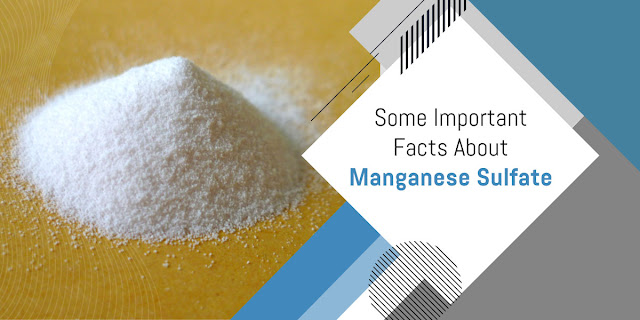5 Basic Facts about Acetic Acid
Acetic acid (CH3COOH) is second simplest carboxylic
acid which is systematically named as ethanoic acid. Acetic acid is a colorless
weak acid. Acetic acid is a synthetic carboxylic acid that works as a chemical
reagent as well. Globally 6.5 million metric tons of acetic acid is
manufactured industrially.
In this blog post, let’s learn 5 basic facts about
Acetic acid:
Acetic Acid Fact 1:
Acetic acid is also a weak monoprotic acid with solvent
properties that is used in the manufacturing process of chemical compounds. It
is a weak organic compound attached to carboxyl functional group containing
methyl group.
Palvi Chemicals is an acetic acid
distributor in Qatar.
Acetic Acid Fact 2:
The undiluted form of acetic acid is called glacial
acetic acid. Glacial acetic acid is a weaker base used in analytical chemistry
as a good polar protic solvent to understand substances that are alkaline in
nature. This is completely miscible with water.
Palvi Chemicals is one of the best acetic acid
manufacturers in Qatar.
Acetic Acid Fact 3:
In the solid state of acetic acid, chains of
molecules are connected with hydrogen bonds. In liquid state, its dimers can be
found in dilute solution. Acetic acid has a pungent smell.
Palvi Chemicals is an acetic acid
supplier in Qatar.
Acetic Acid Fact 4:
A chemical reaction of acetic acid is similar to
carboxylic acids. Acetic acid decomposes at 440 degree centigrade. Some metals
become corrosive on reaction with acetic acid.
Acetic Acid Fact 5:
Acetic Acid has both anti-bacterial and antiseptic
qualities. Acetic acid is prepared by a reaction of methanol, hydrogen iodide
and carbon monoxide through the process of hydrolysis.
Palvi Chemicals is an acetic acid exporter in Qatar.
This blog about ‘5 Basic Facts about Acetic Acid’ is
compiled by Palvi Chemicals. For
bulk order of acetic acid feel free to contact Palvi Chemicals – a
manufacturer, distributor and supplier of acetic in many forms.



Comments
Post a Comment